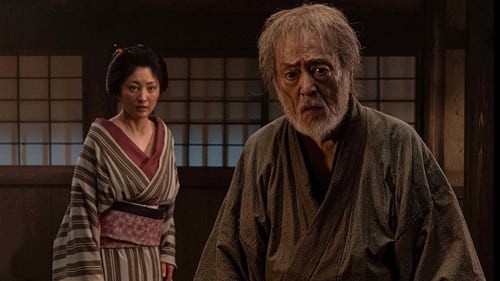
Music
Tatsuya Nakadai, the world’s greatest living actor, returns to the screen in a brilliant adaptation of a story by novelist Shuhei Fujisawa. A traveling gambler known as “Funeral Uno” he is now 86 years old and returning to his hometown for the first time in 30 years. Partly told in flashbacks, he is forced to face his lifelong nemesis, Boss Kyuzo, a vile yakuza portrayed by another superstar of samurai cinema, Atsuo Nakamura! Before the two old gamblers can settle a 30-year-old score they must put their lives on the line in a game of dice that can only lead to a bloody sword duel the likes of which has never before been seen! Superb performances all around in a film loaded with surprises and exciting swordplay!

Original Music Composer
Makoto Fukamachi (Junichi Okada) is a Japanese cameraman. He finds an old camera on a backstreet of Nepal. The camera might possibly solve the mystery of whether George Mallory became the first person to successfully climb Mount Everest on June 8, 1924 or not. Pursuing the old camera's past, Makoto Fukamachi meets legendary Alpinist Joji Habu (Hiroshi Abe). Joji Habu is isolated from other people because of his reckless and thoughtless personality.
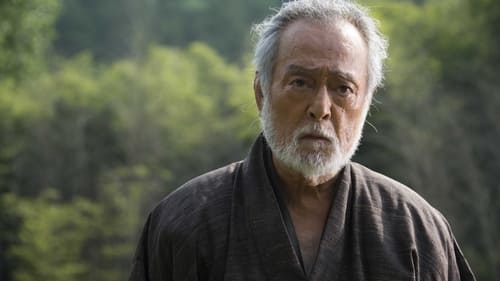
Music
Nakadai Tatsuya, Japan’s greatest living actor, gives the performance of a lifetime as Shoji Sanosuke, and elderly samurai forced to pick up his sword to protect those he loves in this adaptation of a Fujisawa Shuhei novel. As a ”Heya-zumi” (essentially a freeloader living off his family) Sanosuke has one last chance to help his grandniece escape from the cruel samurai of an arranged marriage. Nakadai proves he ”still has it,” when fate forces him into a deadly duel. This award winning samurai drama from the pen of noted author Fujisawa Shuhei is a tribute to one of the greatest actors to ever grace the silver screen!
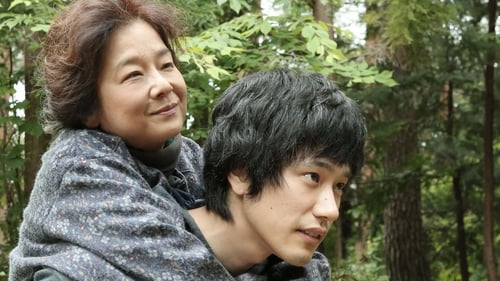
Original Music Composer
Jiro Sawada is a sophomore in high school when a false accusation drives him out his hometown: a small village in Fukushima Prefecture. The entire village is abandoned after the 2011 Tōhoku earthquake and tsunami, but Jiro returns there to live. Before long, members of his family come and join him.

Original Music Composer
In the Edo period of Japan, a samurai’s life belonged to his lord. On the battlefield or in the home, a loyal samurai must always obey his lord’s commands. This is the tragic story of one such loyal samurai, whose love for his family forced him to make the ultimate choice of disobeying the wishes of his lord.
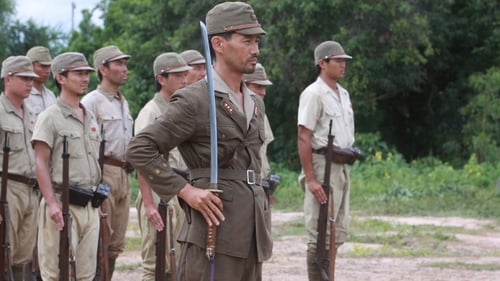
Original Music Composer
In 1944, the American military lands on the shores of Saipan. Refusing to commit suicide with his superiors or be forced into camps for prisoners of war, Captain Oba Sakae leads a group of his men and other similarly minded local residents into the mountains. Even after hearing reports of the Japanese military's surrender, Oba dismisses the reports as propaganda and continues to launch guerilla attacks against the American soldiers, earning him the nickname "The Fox". Soon, even the American commander who's charged with the task of capturing Oba comes to admire his persistent enemy.

Original Music Composer
16 years after the fateful "revenge of the Forty-seven Ronin," involving samurais from the Ako domain who avenged their leader and then commited seppuku (ritual suicide), the sole survivor of that incident, Kichiemon Terasaka (Koichi Sato) traverses the country on a mission. His purpose is to find the families of the fallen samurais and spread the truth of the ronin uprising.
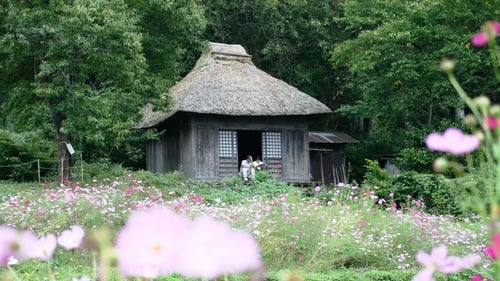
Original Music Composer
As the film begins, Takao (Akira Terao) and Michiko (Kanako Higuchi) have already pulled up their Tokyo roots and moved to a village that is Takao's ancestral home. They visit a thatched cottage that serves as a memorial shrine (amidado) for the village dead and chat with the attendant, the spry 96-year-old Oume (Tanie Kitabayashi). Together they admire the view -- from an inspiring distance. Oume, it turns out, is a kind of sage, whose thoughts and observations are a popular feature in a column in a local newsletter. Her amanuensis is a mute, sweetly smiling young woman named Sayuri (Manami Konishi), who is as devoted to Oume as Oume is to the souls of her beloved dead.

Music

Original Music Composer
The story opens with Yukiko and her business partner in Moscow searching for Russian items for their store in Tokyo. There they meet a Russian translator, Nicholai, played by Sergei Nakariakov - a trumpeter from Russia. Some months later after they have returned, Nicholai and Yukiko meet again while he is auditioning for the Tokyo orchestra where seeds of romance begin. Yukiko's father, however, is diagnosed with a terminal case of cancer. Yukiko returns home to be with him in his final months as he decides not to go through therapy and let the disease run its course. Coming into contact with a childhood friend while at home Yukiko is left to choose between her old friend and Nicholai, all while having to face the emotional struggle of dealing with her father's impending death.
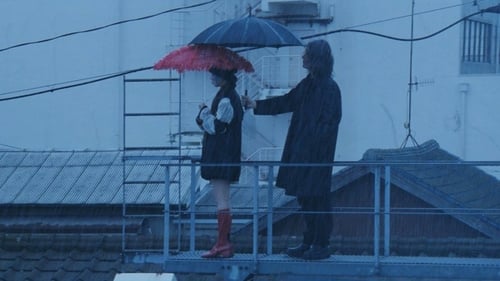
Music
A disillusioned filmmaker has an encounter with a young girl who has a ritual of repeating "Tomorrow is my birthday" everyday. He tries to communicate with her through his video camera.

Music
This thriller investigates the mysterious assassination of a gay pastor in rural South Africa. Without witnesses or explanations, the crime appears to the police and others as a jigsaw puzzle without enough pieces. The police then suspect and arrest people based on the usual prejudices, black and coloured people who plant marijuana in this case. Meanwhile, the true assassin not only goes his way unpunished from the very beginning, but becomes one of the rural town's most respected citizens. The sheriff at one point does begin having certain suspicions, and from there on the bulk of the plot is played out. The location is a very arid part of South Africa, so with so much desert rock, there are bound to be quarries. Some may reveal important secrets.

Music
A romantic tale from the team of Fujio F. Fujiko and director Yoshimitsu Morita. The two heroines are played by Shizuka Kudo and Misa Shimizu, and it co-stars Motoya Izumi, David Ito, Toshiaki Karasawa, Isao Hashizume, Kyoka Suzuki, et al. The soundtrack is packed with hit songs incouding Wham's "Last Christmas", Earth, Wind & Fire's "Let's Groove", Kome Kome Club's "Roman Hikou," Saki Kubota's "Ihoujin" among others.

Original Music Composer
Maria Garcia (Carmen Maura) is a television journalist and she's about to be a single mother. Her career foremost in her mind, she doesn't slow down even for a minute, despite her pregnancy. She is, however, taking Lamaze classes and is quite competently coping with the romantic attentions of a man she's not very interested in. It's not at all irrelevant that her news beat includes stories on terrorism, the greenhouse effect, pollution and genetic engineering, because when her baby's due date comes and goes, she starts hearing from her infant from in the womb. It is telling her that it and many other babies are refusing to be born into such a horrible world. She learns that this is true, and that the children born through induced labor are dying.

Original Music Composer
A sensuous movie based on a literary work. Hitomi Kuroki stars as the film’s heroine.












